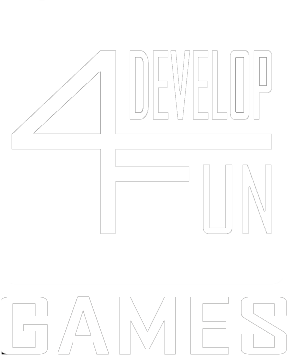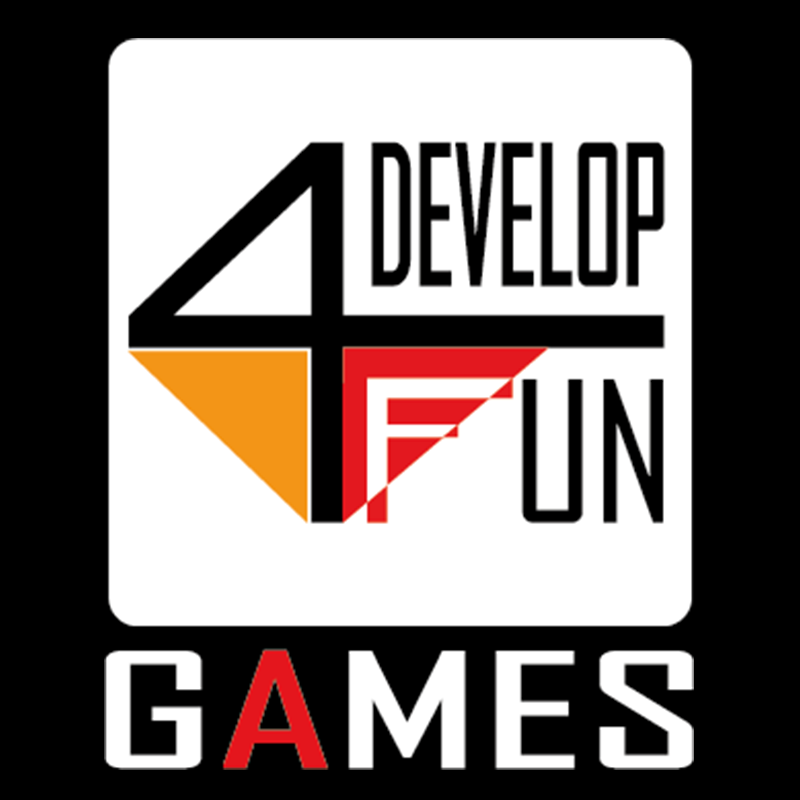Embarking on the journey of game development is an exciting and rewarding endeavor. Whether you’re fueled by a passion for storytelling, gameplay mechanics, or creating immersive worlds, game development offers a canvas for your creativity. If you’re new to the world of game development, fear not – we’ve got you covered with this beginner’s guide on how to get started.
- Define Your Path: Game development is a multifaceted field. Decide whether you’re interested in programming, art and design, storytelling, or a combination of these. Identifying your niche will help you channel your efforts effectively.
- Learn the Basics: Familiarize yourself with essential concepts like programming languages (such as C# for Unity), graphic design tools, and game engines. Online tutorials, courses, and resources can provide a solid foundation.
- Choose a Game Engine: Game engines like Unity, Unreal Engine, and Godot provide the framework for creating games. Choose one that aligns with your goals and skill level.
- Start Small: Begin with a simple project to grasp the basics. A small game will help you understand the workflow, from designing characters to implementing gameplay mechanics.
- Explore Resources: Online communities, forums, and YouTube tutorials are goldmines of knowledge. Don’t hesitate to seek advice or share your progress.
- Practice, Practice, Practice: Game development is iterative. The more you practice, the better you’ll become. Embrace failures as learning opportunities.
- Collaborate: Reach out to fellow developers, artists, and musicians. Collaborations not only enhance your skills but also introduce you to different aspects of game creation.
- Create a Portfolio: Showcase your projects on platforms like GitHub or personal websites. A portfolio is a visual representation of your growth and capabilities.
- Stay Curious: Game development evolves rapidly. Keep up with industry trends, attend conferences, and engage in game jams to challenge yourself.
- Embrace Feedback: Feedback is crucial for improvement. Welcome constructive criticism and be open to refining your work.
Remember, game programming is a journey. It’s okay to start small and gradually expand your horizons. With dedication, perseverance, and a willingness to learn, you can transform your game development dreams into reality. So, go ahead – take that first step, and let your creative adventure begin!








